David Stairs
Laundry is a curse. My Mom, who did the washing for over 50 years, told me so. She would not have liked doing laundry in Africa, where it is done by women by hand. In urban areas washing is done in tubs, while rural laundry is scrubbed in streams or ponds. After the wash is finished it is hung up to air dry. Problem is the “botfly” likes to lay its eggs in hanging laundry, larvae that later bore into the skin. This is rectified by ironing, which also gives many African people a very professional “clean-pressed” look.
Uganda is currently suffering from a power shortage. The main source of electricity, the Kira hydroelectric facility at the source of the Nile in Jinja, has had a reduced production capacity of 100MW during the last year due to the diminished level of its reservoir. This is the result of a combination of mismanagement and changing weather patterns. Consequently, electricity in Uganda is rationed, or “shed” in technical terms. Load shedding schedules are published in the Kampala papers but seldom adhered to. The one thing certain is that, while costs for power are increasing, service is regularly reduced.
Six years ago the Owino market in Kampala sold a vernacular version of an electric iron that was anything but Underwriters Laboratory approved. At the time we went to a “muzungu” supermarket and spent 60,000 shillings ($30), which was big money here for an appliance when the ones at the market went for under 5,000. This year I returned to the market in search of the crazy dangerous iron only to find that no one sells them anymore. Load shedding has completely eliminated them form the market, replacing them with, ummm, charcoal irons.
Irons have been made in an infinite variety of styles over the centuries. The English word itself is synonymous with the metal with which these household articles were once made. A number of years ago Smithsonian Magazine ran a cover photo from the ’30s showing a typical housewife surrounded by a welter of historical examples, including charcoal varieties, but it’s been awhile since anyone in America used a charcoal iron.
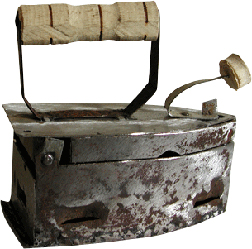
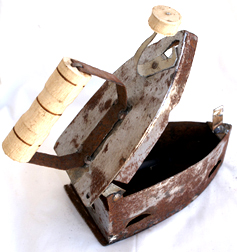
Common charcoal iron from Owino Market
The common Ugandan variety is made of recycled sheet metal, strategically vented to prevent coals from being extinguished, with a hinged lid to put the coals through and an insulated wooden handle. I’ve not had the opportunity to use one of these devices, but I’m told that they work well enough if one is careful to keep soot from soiling the garment being pressed.
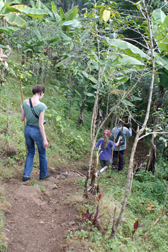
On the shoulder of Mt. Elgon
Last week I traveled to Mbale in eastern Uganda. Fifteen kilometers up back roads on the shoulder of Mt. Elgon deep in the village of Bunangaka I found John Kitutu, 1 a traditional Bugisu potter. Pottery has been made in this part of Uganda “since the dawn of time” according to my guide. Typical ’Gisu forms are the beautiful deep bowls and terra cotta bottles traditionally used for carrying water. I had been led to John’s studio by a local man who guaranteed me John was the creator of the object I’d shown him in a research photo.




John Kitutu in his mud-walled studio hut
As we walked into John’s dark hut we were surrounded by examples of his work. Twelve terra cotta casseroles lined one wall drying, a commission waiting to be fired. On a table in a corner I saw what I’d come for, a charcoal iron made of terra cotta. Based upon the common market metallic type, even imitating the wooden handle, John’s pasi was a beautifully balanced vessel with walls thick enough to sustain the gentle warmth of smoldering charcoal embers needed to press shirts and slacks. Its completely smooth exterior surface greatly improved upon the metal version, whose often rough surface could easily snag garments. Most of the professional Ugandans traveling with me were astonished, having never even conceived of such a solution to a common need.
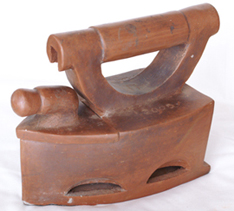
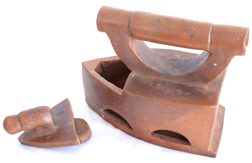
Bugisu ceramic charcoal pasi by John Kitutu
It turns out John Kitutu does not mass manufacture these ceramic irons, which is why I’d not encountered them in local urban markets. But he’d be more than happy to take commissions. Please address your orders to D-A-P through the reader comment link.
1 I was pointed to Mr. Kitutu by the excellent research on ‘Gisu pottery by Dr. Catherine Gombe of Kyambogo University.
David Stairs is the founding editor of Design-Altruism-Project

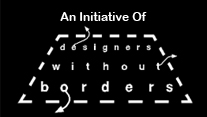



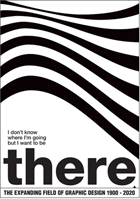
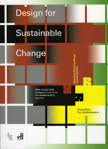
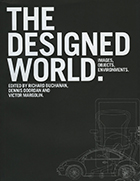



March 2, 2007 at 9:29 am
Motto,
Mr. Kitutu DID show us a ceramic flask he’d made that very much resembled a sub-compact jerrycan.
DS
February 28, 2007 at 1:48 am
Currently holding out on a contract for subcompact ceramic jerry-cans.
January 14, 2007 at 1:27 am
David,
How much would such a commission cost and how shall I send funds?
Thanks,
Randy